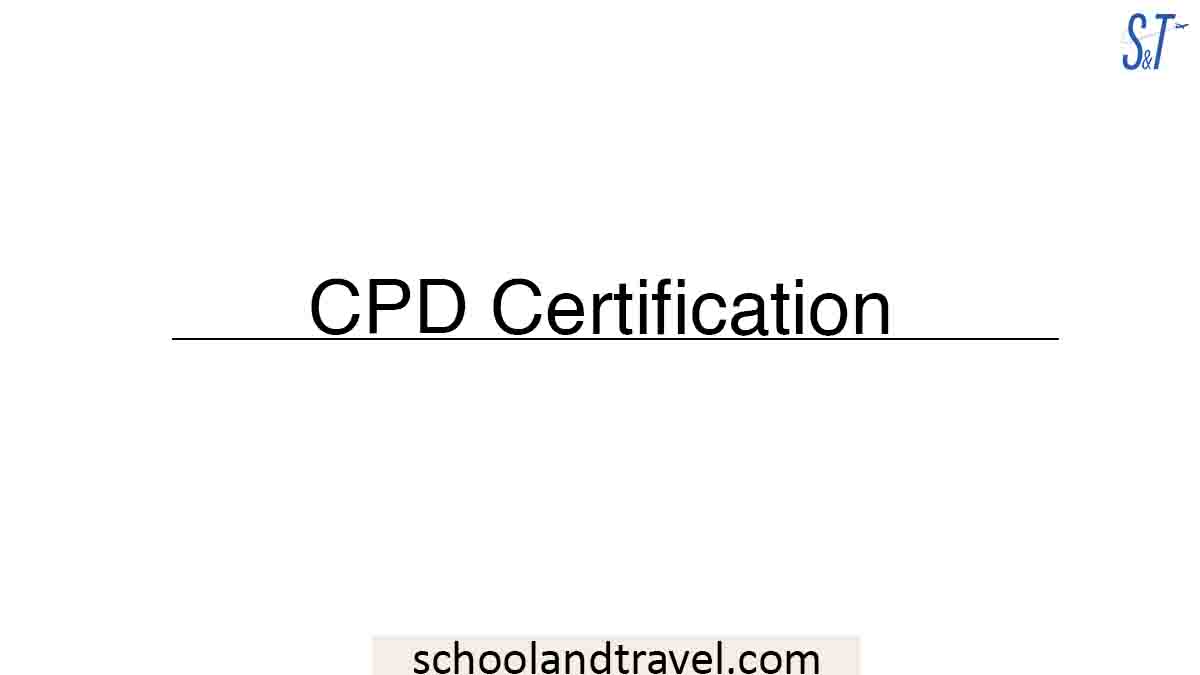Suppliers and distributors are sometimes seen as interchangeable terms. In this article, you’ll be enlightened on the comparison “Supplier vs. Distributor.”
Supplier vs. Distributor
Who is a Supplier?
A supplier is someone or a commercial enterprise that gives service or product to some other entity.
It can also be described as a person who acts as a middleman among the producer and store, ensuring that conversation is flowing and the product is of enough quality.
What is the role of a Supplier?
The role of a supplier in a business can be stressful, as retailers expect a particular level of quality and manufacturers need providers to sell a wide range of products.
Due to this, suppliers need to be bendy and recognize a way to control relationships. Other critical factors of a supplier’s role include;
- Compliance with nearby legal guidelines: Suppliers need to follow all applicable legal guidelines and standards, together with proper human safety and child labor.
- Equitable transactions from all stores: Suppliers need to offer same possibilities for all stores to do commercial enterprise with them. A store does not need to be rejected because of its vicinity or whatever reason.
- Best price possible: Suppliers need to assure the exceptional price and quality to stores to preserve trust. This will assist in making sure repeat commercial enterprises in the future.
- No war of Interest for suppliers: Suppliers need not do commercial enterprise with folks with whom they’ll have a war of interest.
- Provide excessive excellent merchandise: A commercial enterprise supplier is assumed to offer excessive excellent merchandise from a producer at a great price to a retailer for resale.
Importance of a supplier in the product lifestyle:
Suppliers have a highly critical position at each stage of the product lifecycle. This importance include:
- Sourcing raw goods
- Helping ramp up production
- Finding higher alternatives for raw goods as the marketplace begins turning into saturation.
NB: Companies need to work hand in hand with their suppliers to get the best out of their merchandise.
Example of a Supplier
Some examples of a supplier include;
- An organization that gives microprocessors to a first-rate computer enterprise
- A drug dealer who sells heroin to a heroin addict
Read this: Acquisition vs. Procurement (Meaning, Types, Sim & Diff)
Supplier vs. Distributor
Who is a Distributor?
A distributor is an unbiased man or woman or even a legal entity that promotes items domestically on behalf of a principal.
It is likewise a commercial enterprise involved in transferring items to places they’re needed, regularly from a primary factor on an avenue or rail community to the encompassing area.
Distributors can be differentiated from suppliers as distributors purchase the products with their name, then resell them at expenses which they have a few liberty to set.
Distributorship is regularly primarily based totally on a settlement that presents the distributor exclusivity for a selected territory.
Some of the principal clauses of this form of settlement are merchandise and territory, exclusivity, non-competition, expenses, transport and fee conditions, promotional activities, services, etc.
At the same time, in global markets, relationships among distributors and their providers are ruled through a global distribution contract.
Businesses regularly hire distributors because the nearby commercial enterprise has existing customers, contacts, and relationships and is better aware of the nearby commercial enterprise’s way of life and practices.
The distributor will become the producer’s direct factor of touch for potential buyers.
Supplier vs. Distributor
What is the role of a Distributor?
The roles of distributors include;
- Preserving great product knowledge
- Making sure that exceptional items are received.
- Setting up networks with clients, suppliers, and vendors.
- Assisting in holding the lines among the producers and customers working smoothly.
Types of Distributor
It is beneficial to recognize approximately the types of vendors, and they include;
Direct:
With direct distribution, the manufacturer of a product immediately sells to a consumer. It is regularly the only distribution technique without a middleman among the product producer and the consumer.
However, it could be expensive, relying on your vicinity, product, and capacity to distribute your items.
Indirect:
Indirect distribution makes use of different channels except for the direct-to-consumer technique.
It may be beneficial for producers with restricted traces of merchandise or financing, while retailers and wholesalers focus on certain items and promotional support.
Exclusive:
Exclusive distribution is the method of using restricted income retailers only available in particular places or shops with the mindset of making rarity and exclusivity of an object or brand.
Read this: Boost your CAREER GOALS with these major tips
Intensive:
This distribution technique targets to penetrate the marketplace very well with the aid of using promotion in as many income retailers as possible.
It entails supermarkets, purchasing malls, branch shops, warehouses, big-field stores, and E-trade websites.
Selective:
Selective distribution setup is a great center floor among exclusive and intensive distribution alternatives, and many industries or groups use it.
It balances deciding on particular places or promoting possibilities with having a greater presence in the marketplace than exclusive distribution.
It gives you a truthful quantity of control and a better feeling of consumer exclusivity than intensive distribution, nonetheless, having extra consumer reach.
Dual:
Dual distribution combines each direct and selective technique to attain a bigger marketplace audience. The advantage of dual distribution is that it develops your market influence, retaining direct consumer income.
Reverse:
Reverse distribution flows from the consumer back to an organization, instead of the other way round.
It commonly follows a route of going from a consumer to a middleman to a commercial enterprise and is most customarily used for recycling, refurbishing, or disposal of items.
Supplier vs. Distributor
What is the difference between supplier and distributor?
The difference between a supplier and distributor is that the supplier provides a service or product to another entity, but a distributor promotes it to a wholesaler or retailer.
At the same time, a distributor sources merchandise from suppliers and sell them to a wholesaler or retailer at a barely better fee to make a piece of income for themselves.
The supplier works very closely with the producer, and the distributor works intently with the retailer.
Conclusion:
Suppliers and distributors range in different ways; however, they each work with a producer, and their goal is to deliver to the consumers.
Awesome one; I hope this article answered your question.
Share this Information.
Related articles:
- How to Create a Balanced Plate: The Key to Healthy Eating
- How to Start a Virtual Book Club with Friends
- The Top Credit Score Hacks Every Young Adult Should Know
- The Pros and Cons of Rental Property as a Passive Income Stream
- Enhancing Your Clinical Psychologist Job Prospects with Professional Help
- The Impact of Graphic Design School on Your Future Earnings Potential
- 7+ College Scholarships for Muslim Students (FAQs)
- Flavor of the Month Scholarship 2024 (Requirements, FAQs)
- Vegetarian Scholarship (Requirement, Deadline, FAQs) | 2025
- John and Abigail Adams Scholarship 2022-2024 (Eligibility, Deadline)






